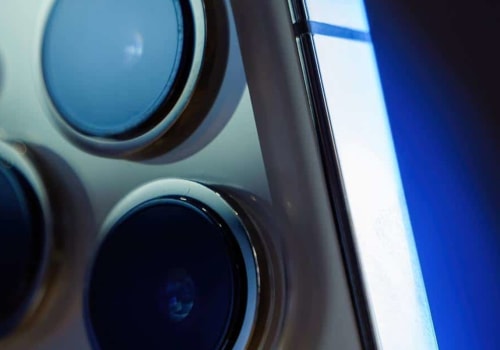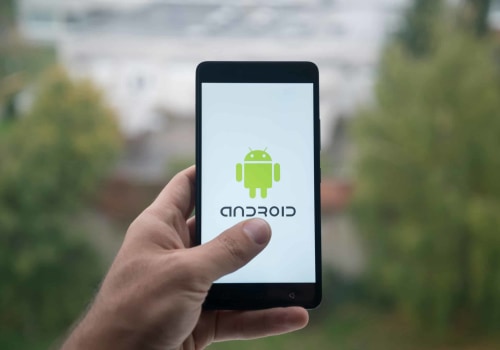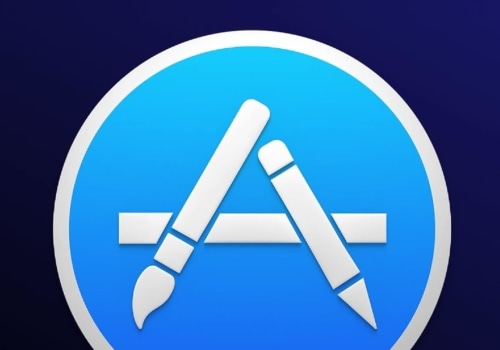Sideloading is the term used to describe the process of installing applications directly on an iPhone, instead of using the App Store. It's not a common practice, but it is possible. For most people, this is true. The vast majority of iPhone applications can only be installed through the App Store, and Apple does not provide an official way to install software outside the App Store using a file downloaded from the Internet, a process known as remote download. By installing unauthorized applications from alternative sources, you are bypassing these security measures.
Be very careful with the apps you decide to download, and do your due diligence to check and double-check the background of these applications and the developers who created them. In general, you should only install apps outside of your phone's app store if you have a very good reason to do so. If you're thinking: 'Oh, I'll be fine, I don't need to do additional research', then you probably won't be fine and you really shouldn't install it. In legal filings, Epic Games stated that Apple controls the only way to install applications on an iPhone, giving it an anti-competitive advantage in the app market. If Epic Games' demands are met and Apple is forced to support alternative app stores on the iPhone, these existing methods could offer a glimpse into what the future iPhone app market will look like.
Apple allows developers to load applications onto their iPhones from Xcode, a software for creating apps for iPhones, so they can test existing apps or show their creations to friends and family. Apple has always been very strict with App Store policies and has banned any application that violates its content policies. The most popular way to run software programs such as games on an iPhone without downloading them from the App Store are applets. To install an application that is missing from the App Store but was once a legitimate iOS application, you may be able to access it. Like Tutu Helper, you don't need to jailbreak your device to download apps that aren't compatible with Apple.
BuildStore hosts useful and popular iOS applications that are not available on the App Store and handles all the necessary certificate signing via OTA from the backend. While the App Store ecosystem may be restrictive, it is so that Apple can ensure the quality and security of applications. If an app on your list has been discontinued and is no longer in the App Store, iTunes will simply move on to the next one. While Apple has been criticized in the past for how it enforces these guidelines, they generally make apps available on the App Store better. Another way to install applications that haven't been published in the Apple App Store is to use a program called TestFlight. If a particular application is not available on the App Store, you may be able to obtain it from external sources in one of three ways: an IPA file, a DEB file or source code.
Some people remove those controls by jailbreaking their phones, allowing them to install applications that aren't available on the App Store, among other things.






